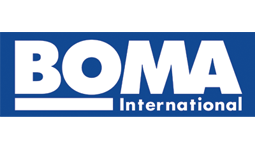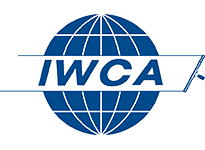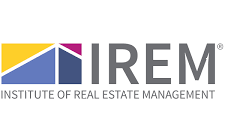Soft Washing — The New Power Washing
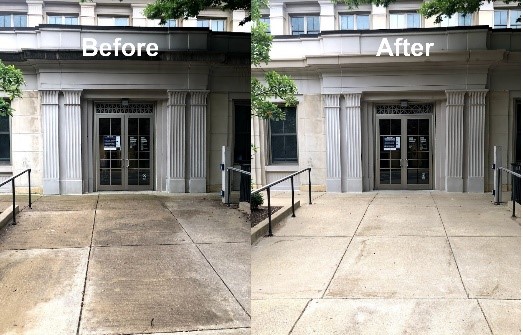
Soft washing was developed as an environmentally responsible cleaning alternative to general pressure washing.
Soft washing was made to clean stains from bacteria, fungus, and algae growing on the exterior of buildings. Fungus is more similar to an infection rather than a stain. For this reason, soft washing combines the technology of treating fungus on plants with compatible cleaning chemicals.
What Is Soft Washing & How Does It Work?

Instead of applying pressure and power to clean and remove a fungus or other stains and bacteria, there’s an alternative that cleans without the pressure and possible damage associated with pressure washing.
The soft washing system uses a variety of biodegradable chemicals and low pressure to clean exterior surfaces. It also sanitizes, penetrates, and eliminates dirt, algae, mold, mildew, and more from exterior surfaces with excellent results.
Soft washing treats the dirt and other culprits far below the surface, resulting in a surface that stays cleaner longer! The chemicals do all the hard work; they seep deep into the surfaces, leading to results that last four to six times as long as regular pressure cleaning results.
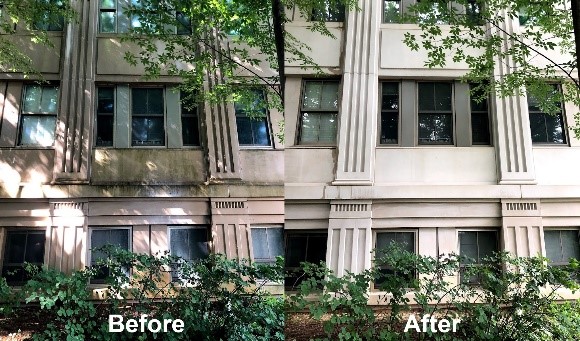
Pressure washing uses highly pressurized water to forcefully remove any dirt or grime from the surface. This method is effective but poses a potential risk of damaging exterior surfaces.
Soft washing forgoes much of that pressurization in favor of chemicals. One may think soft washing has nothing to do with pressure washing. Ironically, pressure washers are used to soft wash, but they’re modified to lower the PSI (pressure per square inch). Soft washing is all about low pressure, coupled with the appropriate chemicals.
Soft washing uses less than 500 PSI for rinsing or cleaning applications; that’s just slightly more pressure than a garden hose. The tip of the pressure washer is replaced with one that widens the spray, dropping the point of pressure.
On top of this, soft washing uses special cleaning solutions to break down dirt and organisms living on surfaces. Cleaning solutions used in soft washing are all eco-friendly and vary depending on geographic area and the type of exterior surface that requires cleaning.
Soft washing is ideal for delicate surfaces such as:
- Concrete
- Stucco
- Wood paneling
- Dryvit
- Vinyl siding
- Stone
Health Benefits of Professional Soft Washing
Soft washing benefits outweigh the old-style cleaning by relying on new environmentally friendly solutions to do the hard work without depending on pressure.
With soft washing, you can expect:
- Less pressure
- Less water
- No surface erosion
- Sanitation of the surface
Because of this, soft washing has become one of the most important changes in the exterior cleaning industry.
Giving your businesses, buildings, and homes a deep cleaning is important, and not just for aesthetics. A long-term buildup of dirt, mold, pollen, algae, and decaying matter can negatively impact your health.
All that organic matter that piles up over time between cracks and crevasses embeds itself into exterior surfaces where regular washing can’t penetrate.
Standard cleaning soaps don’t do enough. These dirty surfaces can get you sick because the primary source causing the sickness can’t be seen. That’s why having your exterior surfaces cleaned by a professional is the best investment in your property.
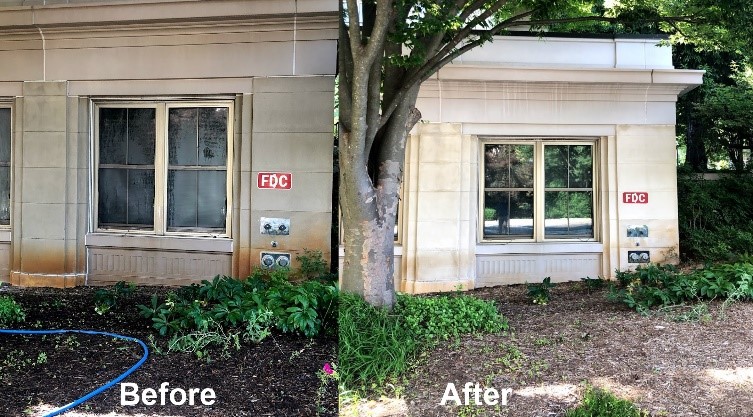
Soft washing is a technique that uses low-pressure water to safely clean the exterior surfaces of a house. This method also uses cleaning solutions to kill mold, mildew, moss, bacteria, and other microorganisms.
These cleaning solutions consist of three main ingredients:
- Bleach: The primary agent for cleaning and disinfecting surfaces.
- Surfactant: This goes between surfaces to loosen up dirt, mold, and other substances.
- Water: This is used to dilute the bleach concentration.
This method is ideal for cleaning fragile surfaces of your home’s exterior that higher water pressure would otherwise damage. The best surfaces for this type of cleaning method are:
- Roof shingles
- Windows
- Glass doors
- Lanais
- Screens
- Patio enclosures
- Stucco
- Coquina
- Vinyl siding
- Cedar shake siding
- Wood panel siding
Achieve a Longer-Lasting Clean
High-pressure water isn’t always enough to remove mold, mildew, algae, or moss from your home’s exterior. There’s also a chance they could return.
The cleaning solutions used with soft washing contain bleach, so it can kill mold and other microorganisms at a molecular level. Not only are they removed from the exterior, but they also won’t grow back.
Cleaning Solutions Are Eco-Friendly
Soft washing solutions are biodegradable and eco-friendly. Even if these solutions contain bleach, it’s diluted with water, and thus is safe to use. It’s the same concentration you typically see in swimming pools or when disinfecting drinking water.





